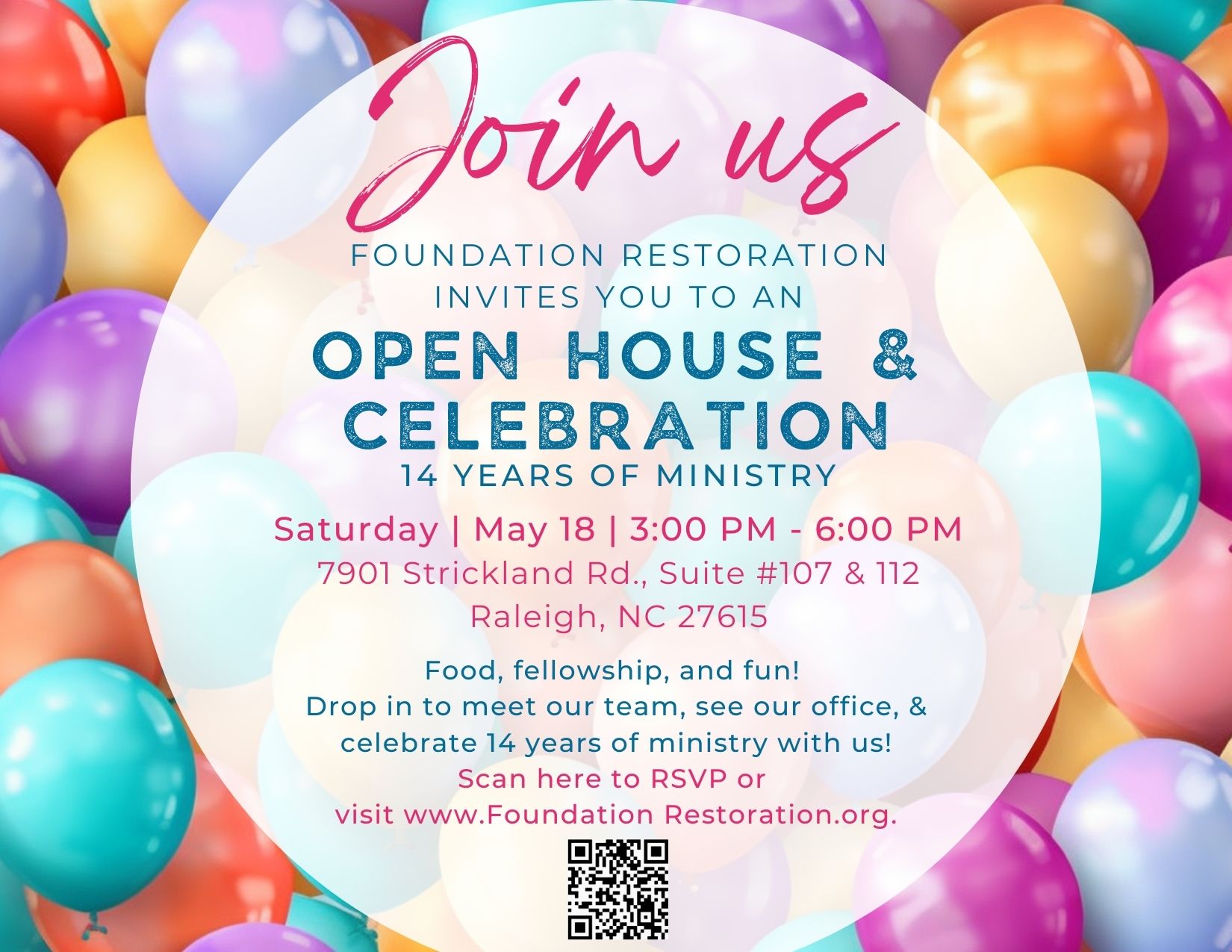The fourth and final of the Four Horsemen is stonewalling. In his book The Marriage Clinic, Gottman defines stonewalling as occurring “when the listener withdraws from the interaction” (p.46). In other terms, stonewalling is when one person shuts down and closes himself/herself off from the other. It is a lack of responsiveness to your spouse and the interaction between the two of you. Stonewalling, as with the other three horsemen is a very negative characteristic that you don’t want to find frequently in a marriage.
The Facts
Typically when someone is listening to you, they exhibit various signs of doing so. This includes non-verbal cues such as nodding, eye contact, and facial expressions, as well as verbal cues such as “uh-huh,” or “yup.” People who stonewall don’t demonstrate any of these cues of responsiveness that a typical listener does. Instead they may appear stiff and rigid, glance away, down, and around, and/or basically exhibit no signs of listening or being present in the interaction. Stonewalling can also include physically getting up and walking out while the other person is trying to speak. Gottman found the following to be true about stonewallers in his research:
- Men are consistently more likely to stonewall than women (kind of like women are more likely to criticize than men).
- 85% of Gottman’s stonewallers were men.
- When women stonewall, it is quite predictive of divorce.
- Male stonewalling is very upsetting for women, increasing their physiological arousal (things like increased heart rates, etc.) and intensifying their pursuit of the issue.
Stonewalling is sometimes an attempt to self-sooth or decrease the intensity of the situation. That is why it makes sense for men to more frequently exhibit stonewalling A lot of times in arguments or interactions, men do not know what to do or how to communicate what is going on, how they feel, etc., so they just shut down to keep from getting too upset. Men, unlike women, are not naturally wired to be good communicators. This shutting down may sound like a positive thing, but it isn’t. It is the person closing themselves off from communication and from their spouse. This in turn causes a chain reaction that ultimately leads to a more intense interaction. Shutting down and becoming unresponsive to your spouse is not a good idea or option, and as Gottman has found, is one of the big predictors of divorce.
The Antidote
The alternative to stonewalling is responsiveness. We all know that interactions between ourselves and our spouse can be pretty intense and frustrating at times. Personally, there have been times where I have just shut down to my husband because I was exasperated and didn’t know how to handle the situation any differently. Ultimately, though, we have to force ourselves to stay engaged and working at a resolution with our spouse.
If you feel yourself gravitating toward stonewalling, communicate that to your spouse. Take a few deep breaths, and try to remain present in the interaction. Men, try to remind yourselves that stonewalling is only going to intensify the interaction, upset your wife and push her to become more persistent that you engage, and ultimately is going to damage the marriage to one degree or another. Some interactions and discussions are extremely difficult and frustrating, but remaining present and responsive to your spouse is so important. Communication is a means of building up our spouse and our marriage, so we have to learn to become proficient communicators.
The Big Picture
The Four Horsemen typically come as a sequence of interactions that start with criticism and spill over into defensiveness, contempt, and stonewalling. Gottman emphasizes in The Marriage Clinic that “it is important to note that our best single predictor of divorce is contempt” (p.47). The really important thing to keep in mind is that even in happy, stable, and successful marriages, criticism, defensiveness, and stonewalling all occur. The difference is that in those marriages they don’t occur as frequently, and when they do, those couples are more effective at repairing them. Also, contempt is virtually non-existent in those couples, which as I have said repeatedly, is the most dangerous of the four horsemen. Don’t freak out and panic if there are some or all of the horsemen present in your marriage; we all have some presence of them in our marriages. Avoiding contempt and then learning how to do some effective repair work when the other three horsemen appear is what is essential to a happy and successful marriage. “Effective repair leads to interest, affection, humor, and lowered tension” (The Marriage Clinic, p.47).
As always, marriage is a gift and a work in progress. Try to avoid the Four Horsemen, but when you can’t, try to effectively repair them. Practice turning criticism into a complaint, defensiveness into responsibility, contempt into respect (avoid contempt as much as possible in general though), and stonewalling into responsiveness. Always try to build up your spouse and marriage!
In case you missed any of the first three parts of this series, click on the name below to check them out:
* If you would like to check out more on Gottman, you can view his website at: http://www.gottman.com/
*Gottman, J.M. (1999). The Marriage Clinic. New York: W.W. Norton & Company, Inc.
Copyright © 2011, Foundation Restoration. ALL RIGHTS RESERVED. No reproduction allowed without written permission from Foundation Restoration and/or the author.







[…] Here is a bit describing stonewalling behavior. The Four Horsemen: Stonewalling | Foundation Restoration […]
[…] […]